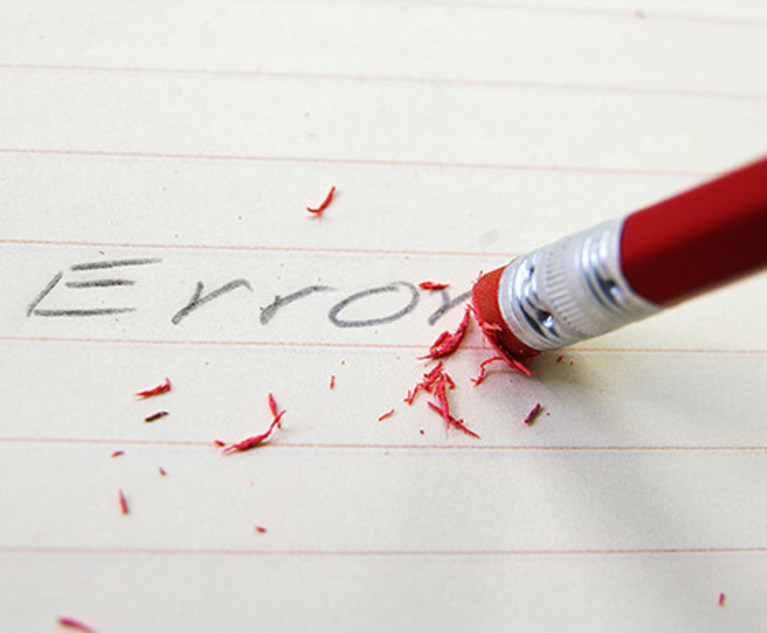 In furtherance of the paramount importance of finality and integrity of arbitral awards, with very few exceptions, courts in the United States generally apply the functus officio doctrine to prevent arbitrators from correcting manifest substantive errors or omissions in arbitral awards that the arbitrators or parties identify in an award after the arbitrators have rendered it.
In furtherance of the paramount importance of finality and integrity of arbitral awards, with very few exceptions, courts in the United States generally apply the functus officio doctrine to prevent arbitrators from correcting manifest substantive errors or omissions in arbitral awards that the arbitrators or parties identify in an award after the arbitrators have rendered it.
The strict application of the functus officio doctrine by U.S. courts has its roots in the common law and comports with arbitration rules that almost universally incorporate the functus officio doctrine and limit the type of errors in arbitral awards that arbitrators may correct to typographical, clerical or computational errors. As a result of these prescribed limitations in the law and arbitration rules, increased costs and delay can arise when courts are asked to annul or deny recognition of a revised award in which an arbitral tribunal attempted to correct a non-clerical or non-computational error. Am. Int’l v. Allied Capital (2020); T. Co. v. Dempsey (2010).






